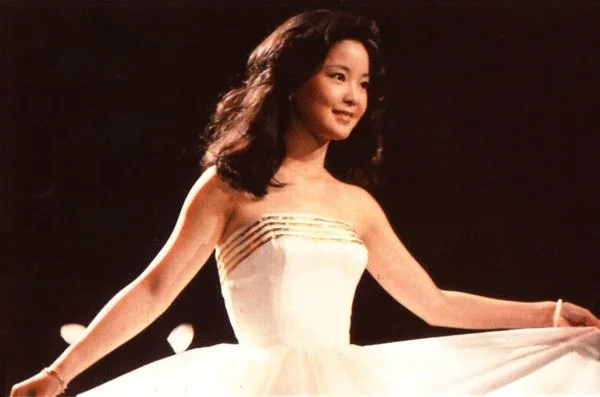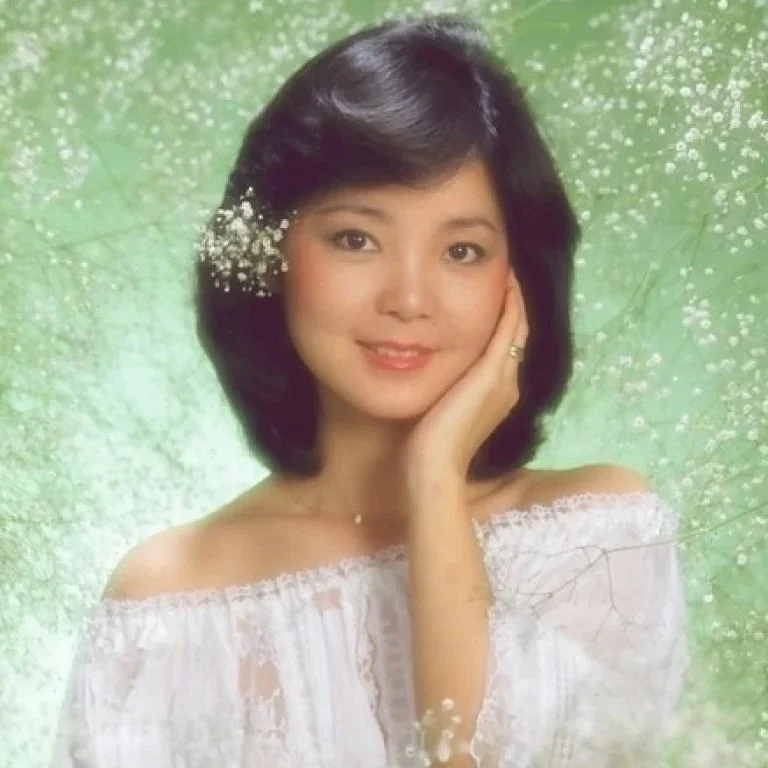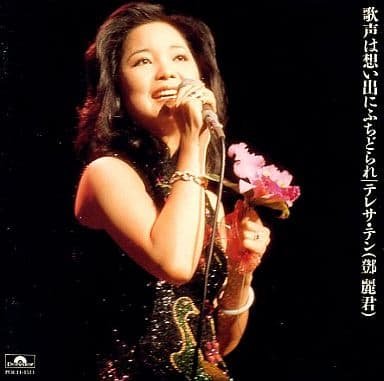Teresa Teng: The Voice That United China
You’re at a local Chinese restaurant, attending a family function with distant relatives. You enjoy the refreshing sips of oolong tea paired with the variety of dim sum dishes sat in front of you. Soft lanterns cast a golden glow across the room, illuminating the intricate red and gold decor taking up every inch. Amid everything, a familiar voice is lightly playing in the background, with a jazzier pop style and a majestic voice that seems to connect the entire family. Her voice has been heard across most Asian supermarkets, restaurants, and weddings, yet no one seems to recognize her backstory. Teresa Teng (鄧麗君) wasn’t only known for making popular Mandarin pop songs. Her melodies extended to Japanese pop, Chinese folk, Cantonese, Indonesian, and Hokkien. Teng’s music has traveled down several generations, with a guarantee that any Chinese household will recognize her voice. Many people across Asia cherish her work, as Teng’s tender voice had the power to unite Asia and connect people regardless of political disputes.
During the 1960s - 1980s, Teresa Teng’s songs were caught in the political tensions between China and Taiwan. Her music was banned in Mainland China under the Communist Party. The Chinese government tightly controlled cultural and artistic expression to ensure it aligned with Communist Party ideology. The Chinese government was wary of Taiwanese cultural products,
fearing they could carry political messages contrary to Communist ideals or encourage a more liberal, Western-influenced lifestyle. During and after the Cultural Revolution, there was a push for art and music that promoted revolutionary ideals and the collective spirit, rather than romantic and individualistic themes. Teng's music, seen as more loving and personal rather than revolutionary and collective, did not fit this mold. Despite this factor, fans continued to secretly listen, risking punishment and even their own lives to listen to Teresa Teng's forbidden melodies, their hearts yearning for the solace and euphoria her songs evoked. To them, it wasn’t just a simple melody. It was a beacon in the darkness that reminded individuals that there was still love and beauty in the world. To characterize her music, her voice is a tender embrace that reaches deep into the soul of every listener. Teng’s songs often touched on universal themes of love, longing and nostalgia. Her lyrics spoke to the personal experiences of her listeners, evoking strong emotional connections.
Even decades after her death, Teresa Teng’s music continues to be loved by new generations. Her songs are frequently played in festivals and family gatherings, remaining a staple in Asian karaoke bars and frequently featured in the media. Her songs escaped from being silenced and managed to transcend political boundaries, touching the hearts of millions. Her legacy will remain for generations to come.


